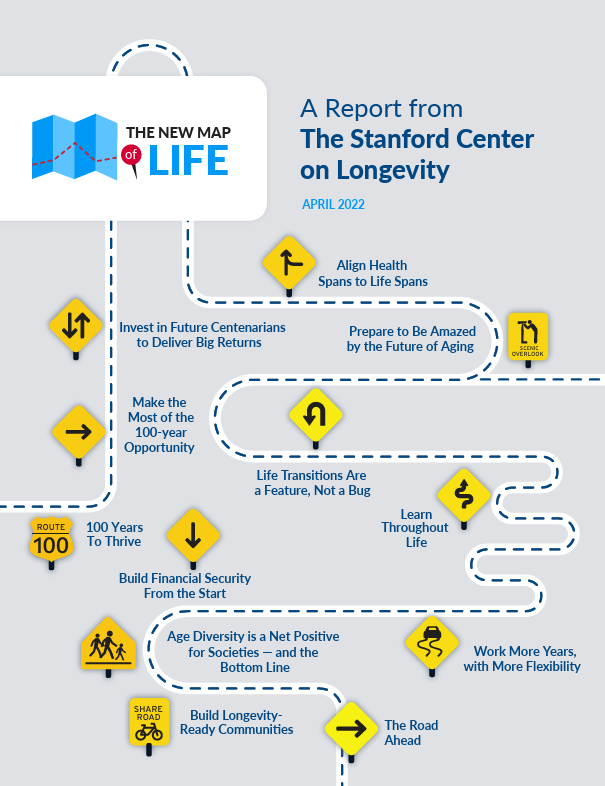EverFriends.ai: Revolutionizing Aging in Place. A digital companion for the aging generation.
Aging is a fact of life, and for Generation X, it’s becoming a present reality, not just a distant concern. We’re caught in the sandwich generation squeeze, caring for aging parents while simultaneously contemplating our own journeys into later life. The idea of aging in place – remaining in one’s home as long as possible – is appealing, but often fraught with challenges. Loneliness, isolation, and the increasing need for assistance can make it difficult. But what if technology could bridge the gap?
A recent article in TechBullion explored how AI is poised to revolutionize aging in place through platforms like EverFriends. This AI-powered companion goes beyond simple voice assistants. It’s designed to proactively engage with seniors, offering personalized support based on their individual needs and preferences. Think of it as a digital friend that checks in, reminds about medications, facilitates social connections, and even helps with cognitive stimulation through games and activities.
For Generation X, this type of technology offers a glimmer of hope. We’ve witnessed firsthand the difficulties of caring for aging parents, often juggling work, family, and the emotional toll of providing support. AI companions like EverFriends could provide a much-needed layer of assistance, offering peace of mind knowing that our loved ones are not only safe but also engaged and connected. It could alleviate some of the burden on family caregivers, allowing us to focus on quality time rather than constant crisis management.
Beyond the immediate benefits for our parents, this technology also offers a glimpse into our own future. As we age, we too will likely face challenges to independent living. The prospect of having an AI companion that can adapt to our changing needs and provide personalized support is certainly appealing. It suggests a future where aging in place isn’t just a dream, but a realistic and sustainable option.
Of course, there are valid concerns about relying too heavily on technology. Issues of privacy, data security, and the potential for over-dependence need to be addressed. However, the potential benefits of AI-driven aging in place are undeniable. It represents a shift from reactive care to proactive support, fostering independence, and improving the overall quality of life for seniors. As Generation X navigates the complexities of aging, it’s crucial to explore these innovative solutions and consider how they can shape a more positive future for ourselves and our loved ones.











